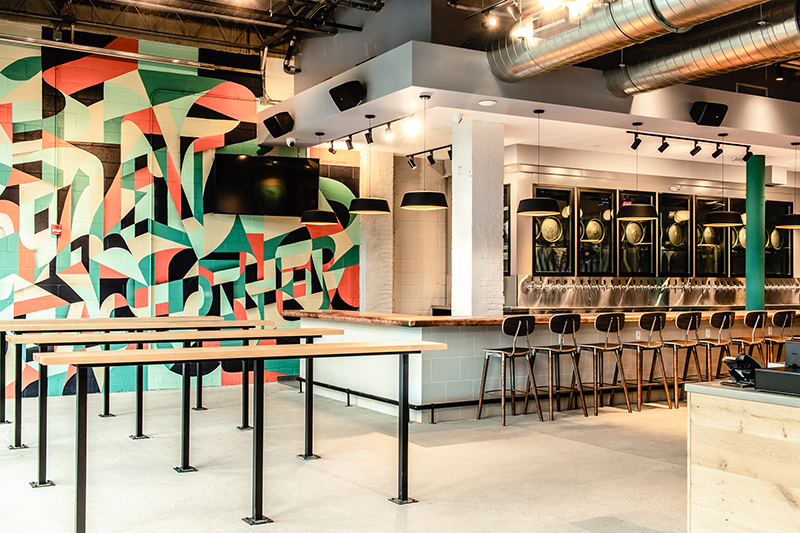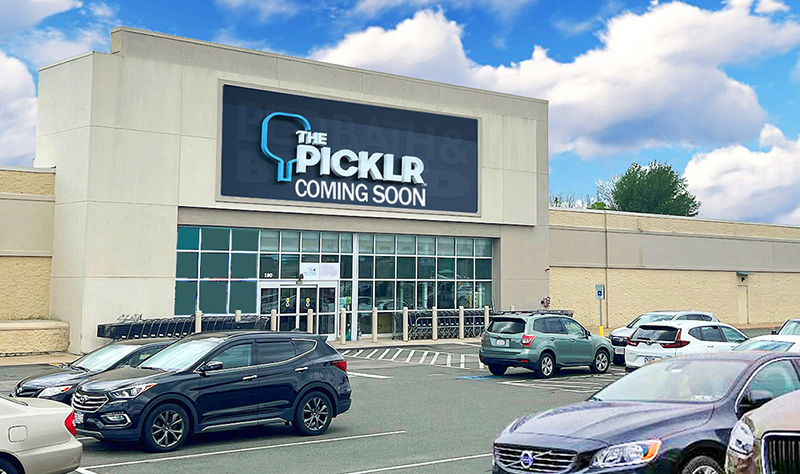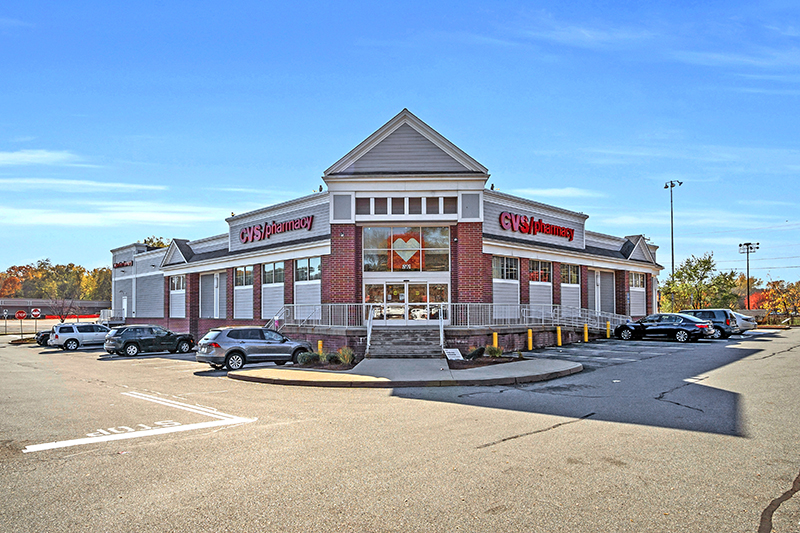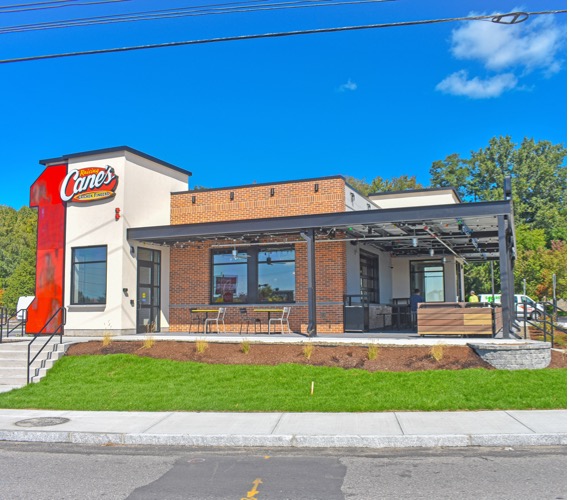Kaplan Construction completes new 9,500 s/f brewhouse/tasting room/event space for Castle Island Brewing Co.

South Boston, MA Kaplan Construction has completed construction of the 9,500 s/f Castle Island Brewing Co. at 10 Old Colony Ave.
Located within an existing industrial building, the location features a 4,000 s/f main tasting room with seating for 220 people, a retail area, and a 1,900 s/f private event space which can accommodate up to 140 people. A quarter of Castle Island’s new space accommodates the brewing operations, including a brewhouse and seven 10-barrel tanks. A focal wall is made from wood and metal and features the Castle Island logo.
“This was our third project with Kaplan since we opened in 2015 and, once again, the team did a phenomenal job, particularly in negotiating some tricky, unanticipated conditions below-slab,” said Adam Romanow, founder and president of Castle Island Brewing Company. “This building has a strong personal significance to me as it used to be owned by my great-grandfather. I was very touched when the Kaplan team found an old blueprint of the building in the walls and had it framed for me to display. That level of thoughtfulness is unmatched in the industry.”
The building is a turn-of-the-century high-bay manufacturing space with 15-to-18-foot ceiling heights, industrial beams, and exposed concrete. Kaplan cut out a section of the existing exterior wall and installed a new overhead door to create a seamless indoor/outdoor experience and maximize natural light. In addition to removing a series of interior overhead doors, Kaplan demolished existing walls at the front of the building to make room for tap room seating and new bathrooms. Two existing glass garage doors were retained to provide access to an outdoor patio for brewery patrons.
At the start of construction, Kaplan uncovered several unanticipated existing conditions in the century-old building despite multiple exploratory efforts performed by the design team and landlord. During concrete removal to accommodate the underground plumbing, it was discovered that the slab was three times as thick as the original exploratory work indicated. As such, the construction team had to work with the structural engineer on determining the best approach to address the cutting and infilling of the structural slab. Numerous underground obstructions, such as abandoned concrete structures, construction debris from past projects, and layers of old concrete slabs, were also encountered as the team excavated for plumbing to service the bar and brewing area. As demolition progressed, it was also revealed that the original bathroom plumbing had deteriorated significantly and required a full replacement. In addition, Kaplan had to demolish and rebuild several existing walls around the bathrooms due to their poor condition.
National Development is partnering with AEW Capital Management to develop a two million-square-foot, two-city-block project in South Boston named Iron Works. Iron Works will include two life-sciences buildings, spanning a combined 650,000 s/f, as well as two residential buildings and 55,000 s/f of restaurant and retail space currently in the late stages of permitting. The project also features a revitalized former manufacturing complex at 10-80 Old Colony Ave., which previously served as office, now transformed into office, restaurant and retail space, and fitness and outdoor amenity spaces. It includes tenants Castle Island Brewing, Tatte Bakery, Rock Spot Climbing, a pop-up spin studio, and the headquarters for Freight Farms, an agriculture tech company. PKL, a 21,000 s/f pickleball/restaurant/entertainment space, and Mei Mei a dumpling factory and café are scheduled to open spring 2022.
In 2015, Kaplan converted an existing warehouse at 31 Astor Ave. in Norwood for Castle Island’s first brewery. In 2017, Kaplan was hired again to expand their production area and build out a taproom at their flagship location.
The project team members for this project include:
• Client: Castle Island Brewing Company
• Developer: National Development
• Construction manager: Kaplan Construction
• Architect: Joe the Architect
• MEP/FP engineer: BLW Engineers
• Structural engineer: Souza True & Partners
Mace of KeyPoint Partners negotiates 36,192 s/f lease for The Picklr at Endicott Square
Danvers, MA KeyPoint Partners (KPP) negotiated a lease with the nation’s premier indoor pickleball venue The Picklr at Endicott Sq. Vice president of retail brokerage Don Mace negotiated the transaction on behalf of the landlord.





.jpg)


